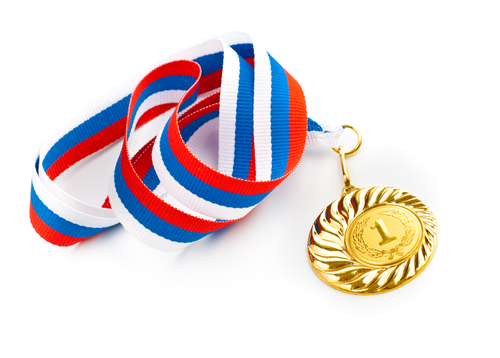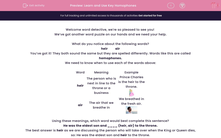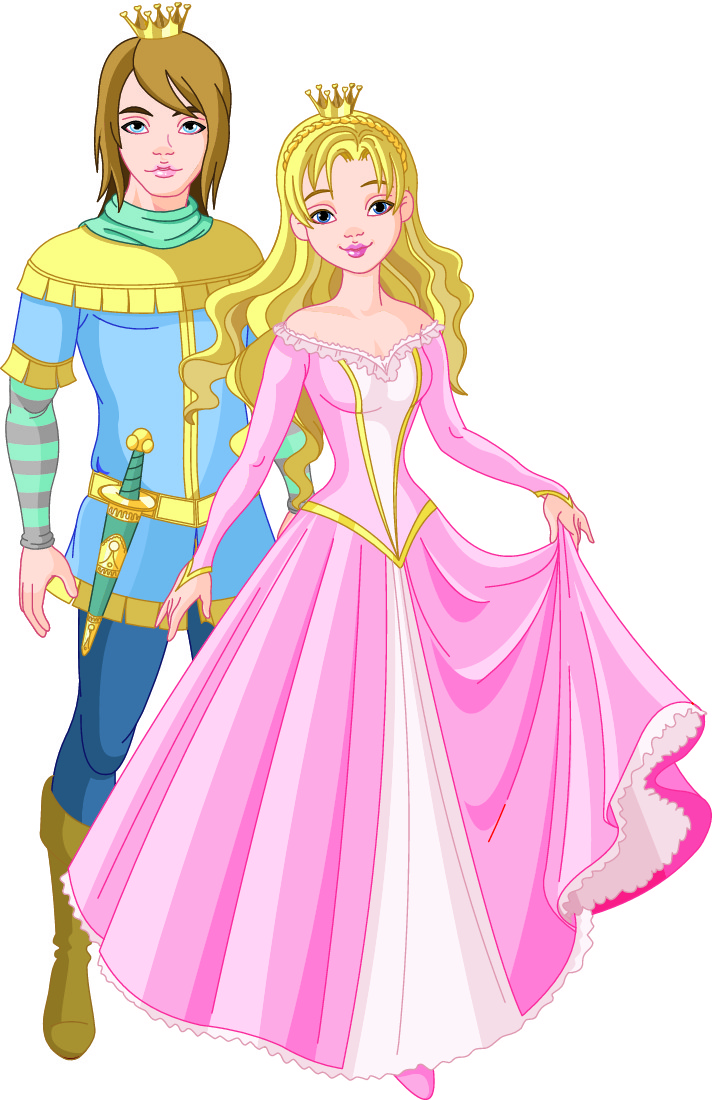Welcome word detective, we're so pleased to see you!
We’ve got another word puzzle on our hands and we need your help.
What do you notice about the following words?
heir air
You’ve got it! They both sound the same but they are spelled differently. Words like this are called homophones.
We need to know when to use each of the words above:
|
Word |
Meaning |
Example |
|
heir |
The person who is next in line to the throne or a business |
Prince Charles is the heir to the throne.
|
|
air |
The air that we breathe in |
We breathed in the fresh air.
|
Using these meanings, which word would best complete this sentence?
He was the eldest son and ____ (heir, air) to the throne.
The best answer is heir as we are discussing the person who will take over when the King or Queen dies, so: He was the eldest son and heir to the throne.
.jpg)
Here are some other examples of homophones and when to use them:
|
medal |
A prize |
meddle |
To interfere |
|
bridal |
To do with a bride |
bridle |
Headgear for a horse |
|
fourth |
To be number 4 in a sequence |
forth |
Out and away |
|
due |
Expected at a certain time |
dew |
Drops of water on the grass |
(1).png) |
Pssst!! Top Tip: The best way to get to grips with pesky homophones is to write them down in your vocab book. This way, you can learn what each spelling means. |
Use the table above to help select the words that best complete this sentence:
The student won a ____ (medal/meddle) for coming ____ (forth/fourth) in the race.
The correct answers are medal and fourth, so: The student won a medal for coming fourth in the race.

Let’s try one more:
A new _____ (bridle, bridal) was _____ (due, dew) to arrive for the horse.
The correct answers are bridle and due, so: A new bridle was due to arrive for the horse.
.jpg)
It’s now your turn to hunt the homophones. Good luck!










